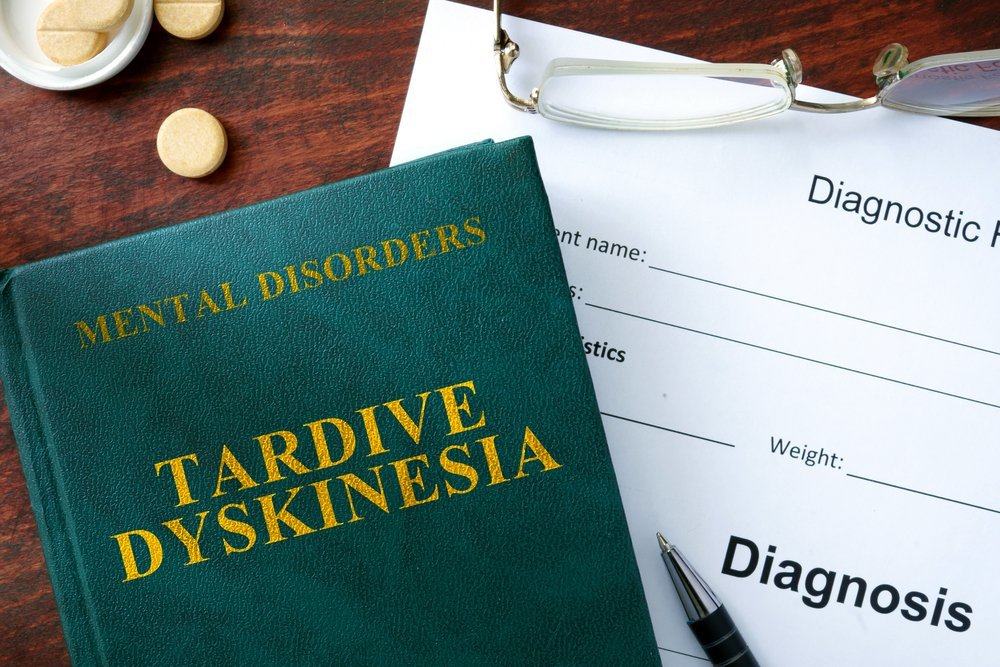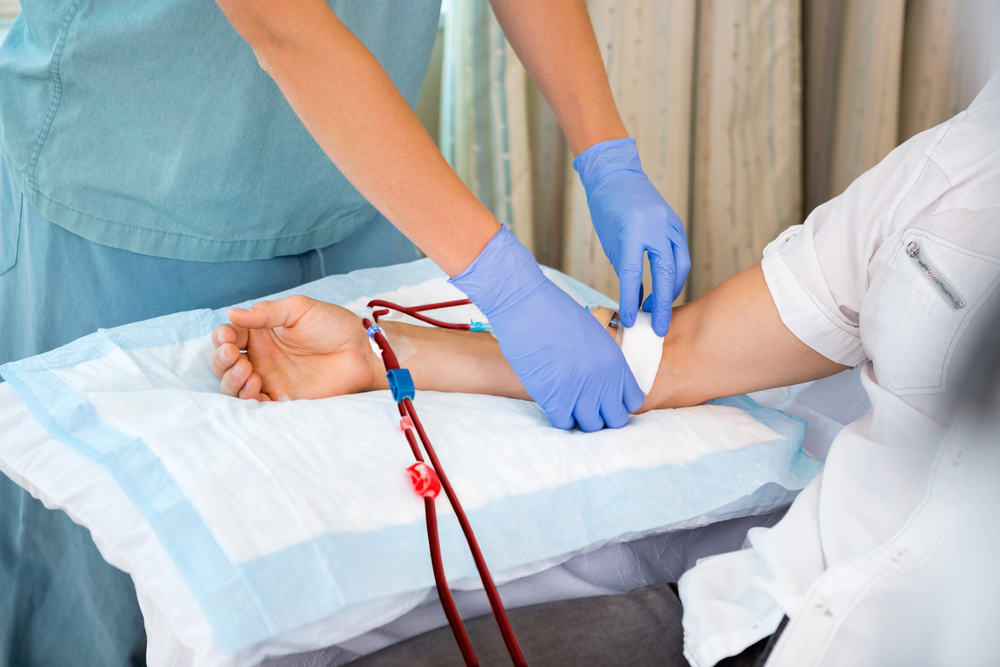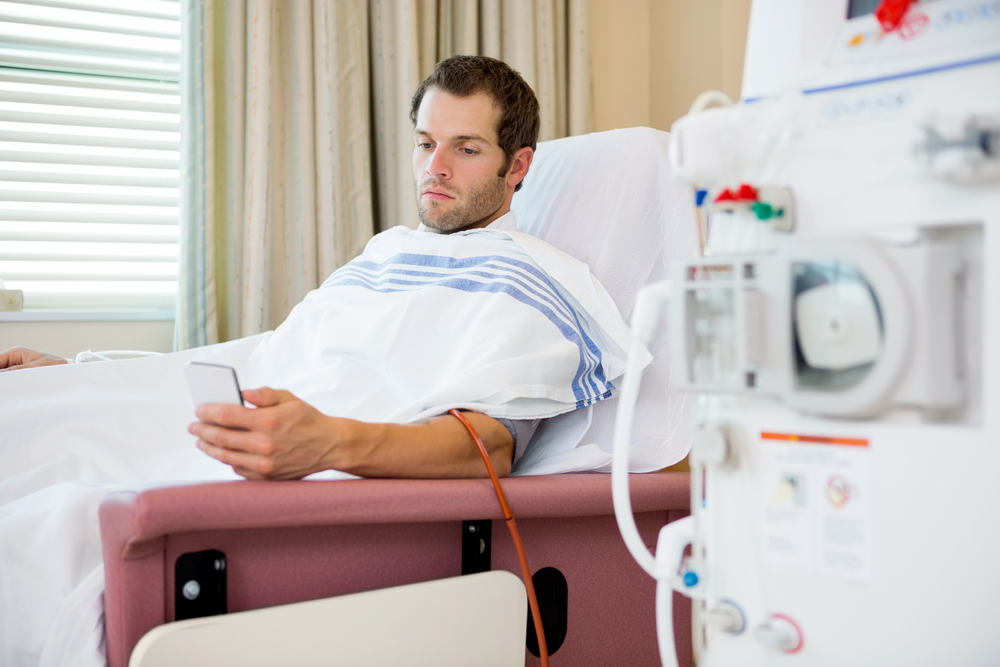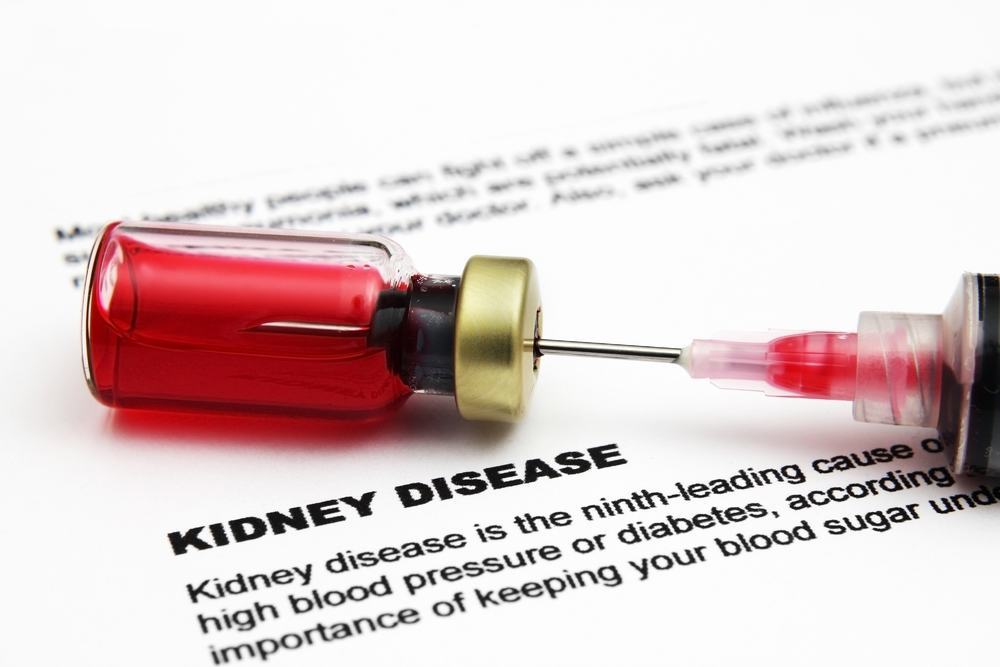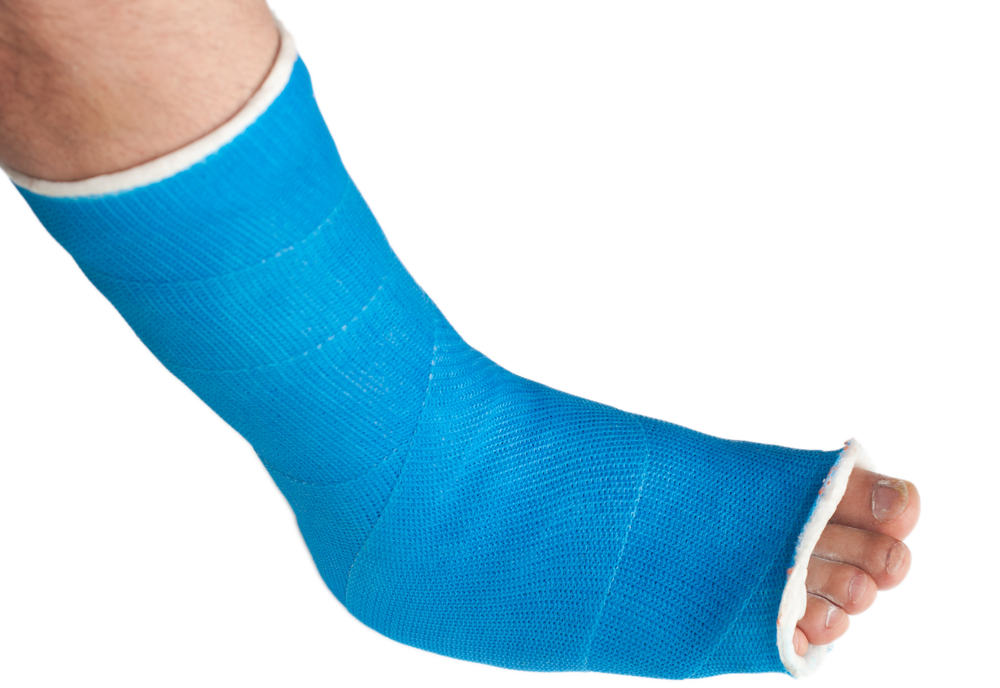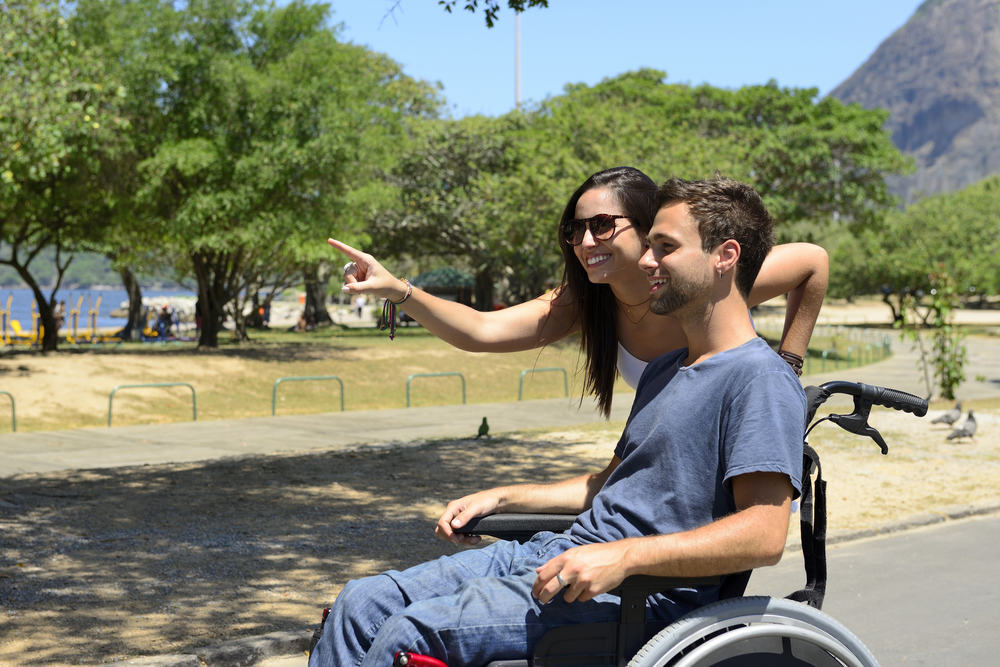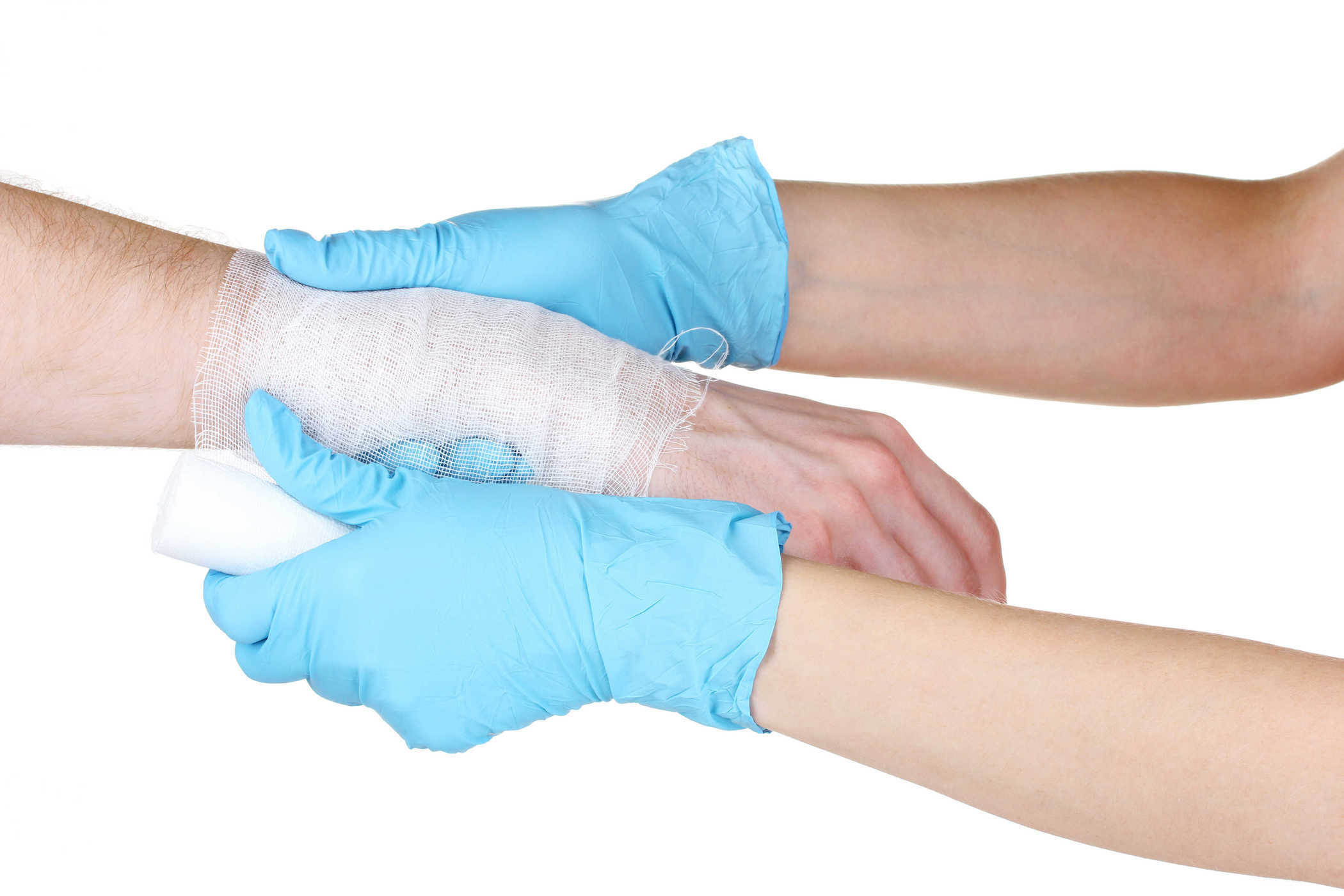Contents:
- Medical Video: Tardive Dyskinesia: Power in the Diagnosis
- What are the causes of tardive dyskinesia?
- Who is at risk for tardive dyskinesia?
- What are the signs and symptoms of tardive dyskinesia?
- How to diagnose tardive dyskinesia?
- What medications are used for tardive dyskinesia?
Medical Video: Tardive Dyskinesia: Power in the Diagnosis
Tardive dyskinesia is a medical disorder in the form of uncontrolled movements of the tongue, lips, and face. In some cases, patients may experience movement in the arms, legs, fingers and toes. In severe cases, symptoms of tardive dyskinesia that appear in the form of uncontrolled movements in the torso, hips, or muscles associated with the respiratory system. In addition, tardive dyskinesia can also affect other parts of the body.
Tardive dyskinesia has a negative impact on quality of life and disturbs you in your daily activities. Because you can't move normally, you might feel stressed and helpless. The following are common symptoms experienced by patients with tardive dyskinesia:
- Body movements out of control.
- Often feeling irritated because you cannot control your body movements.
- Feel depressed because the appearance of symptoms cannot be predicted.
What are the causes of tardive dyskinesia?
Tardive dyskinesia is usually triggered by the side effects of antipsychotic drugs, otherwise known as neuroleptic drugs. This drug is used to treat mental disorders such as schizophrenia, bipolar disorder, and other brain disorders. This drug works by blocking dopamine (brain chemicals) that are responsible for normal muscle movement. When the level of dopamine in your brain is low, your body's movements become difficult to control. Although not all patients using antipsychotic drugs will experience tardive dyskinesia, these symptoms can appear after 3 months of taking the drug.
There are 2 types of antipsychotic drugs, namely typical antipsychotics and atypical antipsychotics. Typical antipsychotics are previous drugs that have a higher risk of tardive dyskinesia. Along with technological advances in medicine, the latest types of antipsychotics (atypical antipsychotics) reduce the risk of tardive dyskinesia in patients.
Typical antipsychotics include:
- Chlorpromazine (Thorazine®)
- Fluphenazine (Prolixin®)
- Haloperidol (Haldol®)
- Thioridazine (Mellaril®)
- Trifluoperazine (Stelazine®).
The longer you take typical antipsychotics, the higher the risk of tardive dyskinesia.
Some medications to treat nausea, reflux, and other stomach problems can also cause tardive dyskinesia if the patient consumes it for more than 3 months. These drugs include:
- Metoclopramide (Reglan®)
- Prochlorperazine (Compazine®).
Who is at risk for tardive dyskinesia?
There are many factors that can cause tardive dyskinesia. Some studies show that some people are at a higher risk of dyskinesia due to consumption of other drugs and diseases that cause similar symptoms. For example, Parkinson's disease, Huntington's disease, and strokes can cause uncontrolled body movements. Several studies have shown that the risk of tardive dyskinesia for patients undergoing treatment reaches 30-50%.
Patients with schizophrenia, schizoaffective disorder, or bipolar disorder who have been on antipsychotic treatment for a long time are at higher risk of tardive dyskinesia. Another condition that can cause tardive dyskinesia is the patient fetal alcohol syndrome, growth defects, and other brain disorders.
Other factors that can increase the risk of tardive dyskinesia are:
- Gender: Menopausal women
- Age: People over 55 years old
- Lifestyle: Consumption of alcohol or excessive drugs
- Ethnicity: Africans or Asians
What are the signs and symptoms of tardive dyskinesia?
Tardive dyskinesia is characterized by stiff body movements and out of control. This movement generally occurs in the face, lips, jaw, tongue, and arms and legs. Some of these uncontrolled movements include:
- Grimace
- The fingers tremble
- The jaw swings
- Chewing repeatedly
- Tongue sticks out
- The tongue comes out accidentally
- Fast eye blink
- Lips shrink
- Cheeks bulging
- Frowning
- Snoring
- The fingers shake
- Feet tapping
- Flapping arms
- Position the pelvis out
- The body sways from one side to the other.
The symptoms above may make it difficult for you to remain active in your daily activities. If you experience symptoms of tardive dyskinesia, contact your doctor immediately because early detection can prevent your condition from getting worse.
How to diagnose tardive dyskinesia?
The diagnosis of tardive dyskinesia is difficult to do because symptoms may not appear shortly after the patient has taken an antipsychotic drug. This diagnosis process may take up to several months to several years before you see any signs. In some cases, you may only notice these symptoms after stopping taking medication.
If you have a mental health disorder and need medication, your doctor will monitor your body movements. Make sure you visit a doctor regularly.
Your doctor will do various tests to deal with other conditions that might cause uncontrolled movements such as:
- Cerebral palsy
- Huntington's disease
- Parkinson's disease
- Stroke
- Tourette syndrome.
The tests used to diagnose the conditions above are:
- Blood test
- Brain imaging, such as CT scans or MRI.
What medications are used for tardive dyskinesia?
Prevention is certainly better than cure. The most effective treatment for tardive dyskinesia is prevention. If you are taking drugs that can trigger tardive dyskinesia, you should have a regular check-up with your doctor to identify the symptoms of tardive dyskinesia.
The purpose of this routine examination is to prevent tardive dyskinesia before it appears. Consult with your doctor about the side effects of medications for mental health disorders. Make sure the benefits of using drugs must always outweigh the risks. You may be able to switch to the latest antipsychotic drug that has a lower risk of tardive dyskinesia.
In addition, the doctor will minimize the risk by giving the lowest effective antipsychotic dose. If necessary, doctors can also reduce the dose of antipsychotic drugs.
If you have tardive dyskinesia and a reduction in the dose of the drug does not relieve symptoms, some psychiatrists will encourage you to switch to a different drug.
Until now, there is no cure for tardive dyskinesia. Research has studied various drugs to treat tardive dyskinesia, including benzodiazepines, vitamin E supplements and Gingko Biloba. However, the effectiveness of this treatment for tardive dyskinesia is still unclear. In some cases of tardive dyskinesia, the most promising drug now is clozapine antipsychotics.
Some drugs can help relieve uncontrolled movements are:
- Amantadine (Symmetrel®)
- Clonazepam (Klonopin®)
- Tetrabenazine (Xenazine®).
If you experience symptoms of tardive dyskinesia, don't stop taking antipsychotic drugs without your doctor's advice. Stopping treatment for mental health can be far more dangerous. Make sure you always discuss with your doctor before stopping treatment.

